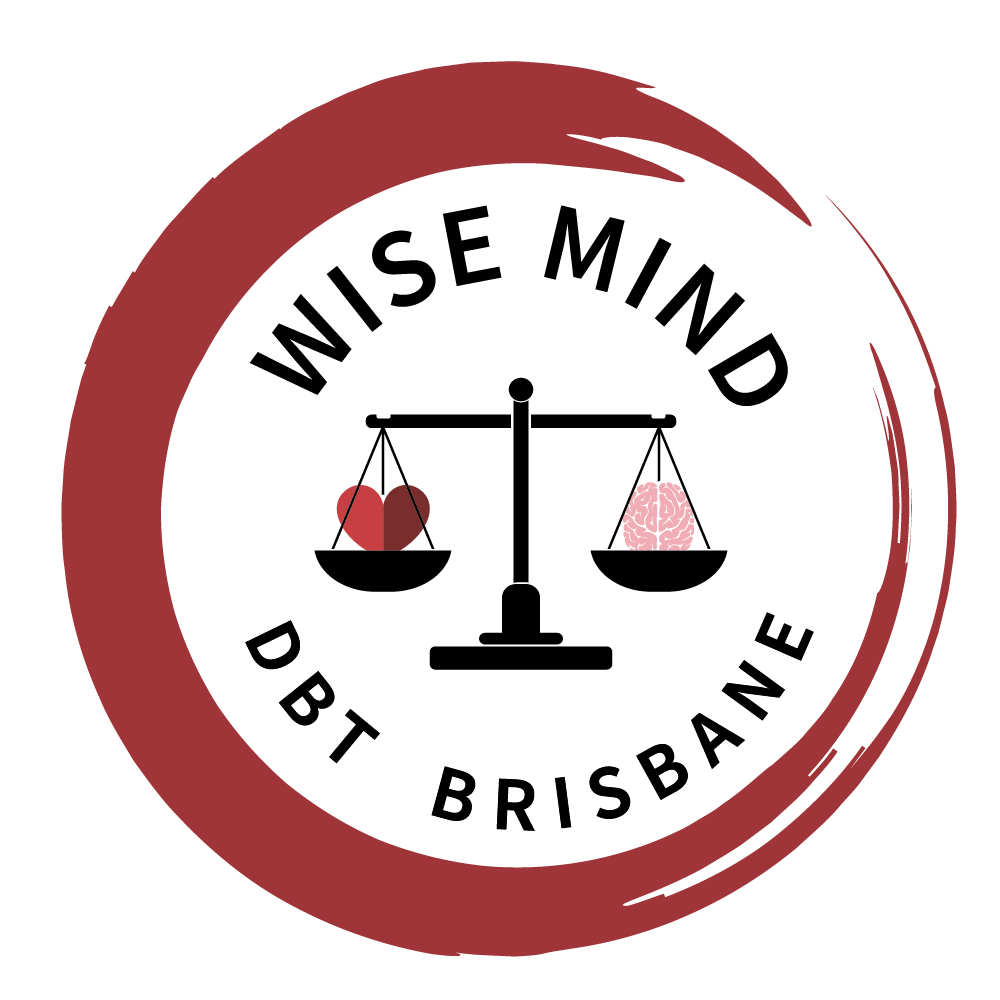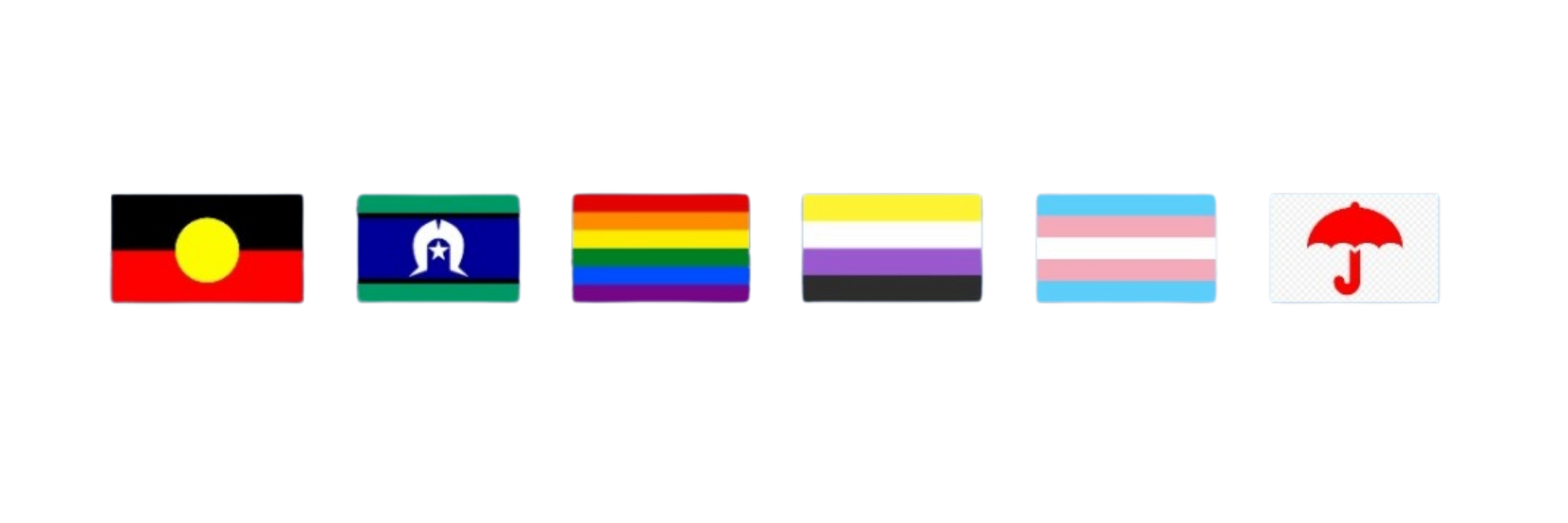Individual DBT Therapy focuses on your needs and values.
DBT is structured around four key modules, each targeting specific areas of skill development.
Dialectical Behaviour Therapy (DBT) is a comprehensive and evidence-based therapeutic approach that was originally developed by Dr. Marsha M. Linehan in the late 1980s.
DBT emerged as an innovative treatment specifically crafted to support individuals with Borderline Personality Disorder, a condition marked by severe emotional dysregulation, impulsivity, and challenges in interpersonal relationships. Over time, DBT has proven effective in addressing a diverse array of mental health disorders, establishing it as a versatile and widely used therapeutic approach.
At its essence, DBT merges cognitive-behavioral strategies with mindfulness principles, forming a distinctive dialectical framework for therapy. The term "dialectical" highlights the synthesis of opposites, underscoring the integration of seemingly conflicting ideas.
How Does DBT Work?
- Individual Therapy
In one-on-one sessions, you work closely with a therapist to identify personal goals, monitor emotional patterns, and learn tailored skills for daily life
- Skills Training Groups
Group sessions teach DBT skills in a supportive environment. You engage in discussions, practice skills, and learn from others’ experiences
- Phone Coaching
Therapists often provide between-session coaching for guidance during moments of distress, helping you apply DBT skills in real time
- Consultation Teams
Therapists regularly participate in consultation teams to ensure treatment quality and professional support
At Wise-Mind DBT Brisbane, we pride ourselves on delivering a comprehensive and highly individualised approach to mental health through our Individual DBT Therapy. In this specialised treatment, our primary focus is on understanding and addressing your unique needs and values.
Specialist therapy for Borderline Personality Disorder, Complex PTSD, and emotional dysregulation
If you live with intense emotions, unstable relationships, chronic shame, or a nervous system that never seems to settle, individual therapy at Wise-Mind offers a structured and supportive way to begin stabilising your inner world and rebuilding your life.
We are a specialist clinic for Borderline Personality Disorder and Complex Post Traumatic Stress Disorder. Many of our clients come after years of feeling misunderstood, misdiagnosed, or let down by mental health systems. Our work is designed for people whose emotional pain is deep, persistent, and difficult to manage alone.
Learn more about Borderline Personality Disorder and Complex PTSD here.
Who This Therapy Is For:
Individual therapy at Wise-Mind is tailored for adults who face the following challenges:
- Borderline Personality Disorder or indicators of emotional instability
- Complex trauma, developmental trauma, or Complex PTSD
- Rapidly escalating intense emotions that seem beyond control
- Deep-seated fears of abandonment or rejection
- Unstable or distressing relationship patterns
- Self-criticism, shame, or confusion about identity
- Impulsive or harmful coping mechanisms
You don’t need a formal diagnosis to be welcomed here. Many individuals find recognition in these experiences long before they are identified by a clinician.
What Individual Therapy Looks Like Here
Therapy at Wise-Mind is rooted in Dialectical Behaviour Therapy and trauma-informed care. This method is particularly beneficial for individuals with BPD and Complex PTSD, as it effectively addresses both emotional intensity and the skills necessary to manage it.
In individual therapy, you and your therapist will:
- Gain insight into how trauma and attachment have influenced your emotional landscape
- Acquire practical skills to navigate distress, manage urges, and cope with overwhelming emotions
- Explore patterns such as emotional shutdown, anger, or panic
- Cultivate more stable ways of relating to yourself and others
- Create a life that feels more secure, meaningful, and sustainable
Sessions are active and collaborative. Therapy is not about being passively analysed; it focuses on learning, practicing, and applying new coping strategies in your daily life.
What People Commonly Work On:
Clients at Wise-Mind frequently seek assistance for:
- Chronic emotional distress and mood fluctuations
- Traumatic memories and associated triggers
- Impulses toward self-harm or impulsive behaviours
- Conflicts in relationships, anxieties about abandonment, or emotional reliance
- Dissociation or a sense of emotional numbness
- Enduring feelings of emptiness or shame
- Burnout from the continuous struggle to cope
The aim is not to eliminate your emotions but to facilitate a healthier coexistence with them, allowing them to no longer dictate your life.
How to Get Started:
You can start by either scheduling a booking or sending an enquiry. Next, you'll fill out a short intake form. Following that, you'll participate in an initial session to discuss your background, needs, and objectives. Together, you and your therapist will create a plan for continued work.
If you are unsure whether this type of therapy is right for you, you are welcome to contact us to discuss suitability.
Frequently Asked Questions
Here are some common questions about our services, including costs and session lengths. We aim to provide clarity and support as you navigate your therapy journey with us.
What are the costs of therapy sessions?
Our fee is $240 for an initial consultation and $220 for ongoing individual therapy sessions.
For telehealth and Zoom appointments, payment is required in advance of booking.
Full payment and cancellation details are provided when you make your appointment so you can proceed with clarity and confidence.
How long is each therapy session?
Initial consultations are ninety minutes in length. Ongoing individual therapy sessions are sixty minutes.
Session lengths are designed to allow adequate time for assessment, therapeutic work, and planning while maintaining a consistent structure..
Do you accept MHCP?
Some of our therapists are able to see clients under a Mental Health Treatment Plan, while others work privately. This depends on individual clinician capacity and current wait lists.
If you have a Mental Health Treatment Plan, please let us know when you enquire so we can advise you about availability and your options.
Do you accept Private Health Insurance?
We accept BUPA, HCF, and Medibank Private. Other insurers may provide rebates for our services, however this is determined by your individual fund and level of cover.
We recommend checking directly with your insurer to confirm your eligibility.
What is the cancellation policy
We require at least forty eight hours notice for cancellations or changes to appointments. If less notice is provided, the full session fee will be charged.
This policy is in place to protect clinician time and ensure appointment availability is managed fairly.
How long does therapy usually take?
There is no fixed length of therapy. For people working with long standing emotional difficulties, trauma, or patterns associated with Borderline Personality Disorder or Complex PTSD, therapy is typically a medium to longer term process.
Progress develops gradually through consistent work over time, rather than within a small number of sessions. Your therapist will review goals and progress with you as therapy continues.
How often will I need to attend therapy?
Most clients attend individual therapy on a weekly or fortnightly basis. Regular attendance is important, particularly in the early stages of therapy, as it supports skill development, emotional stabilisation, and continuity of care.
Your therapist will discuss a recommended frequency with you based on your needs and goals.
Additional Information
If you have more questions or need further assistance, feel free to reach out to us. We're here to help you on your path to healing.


